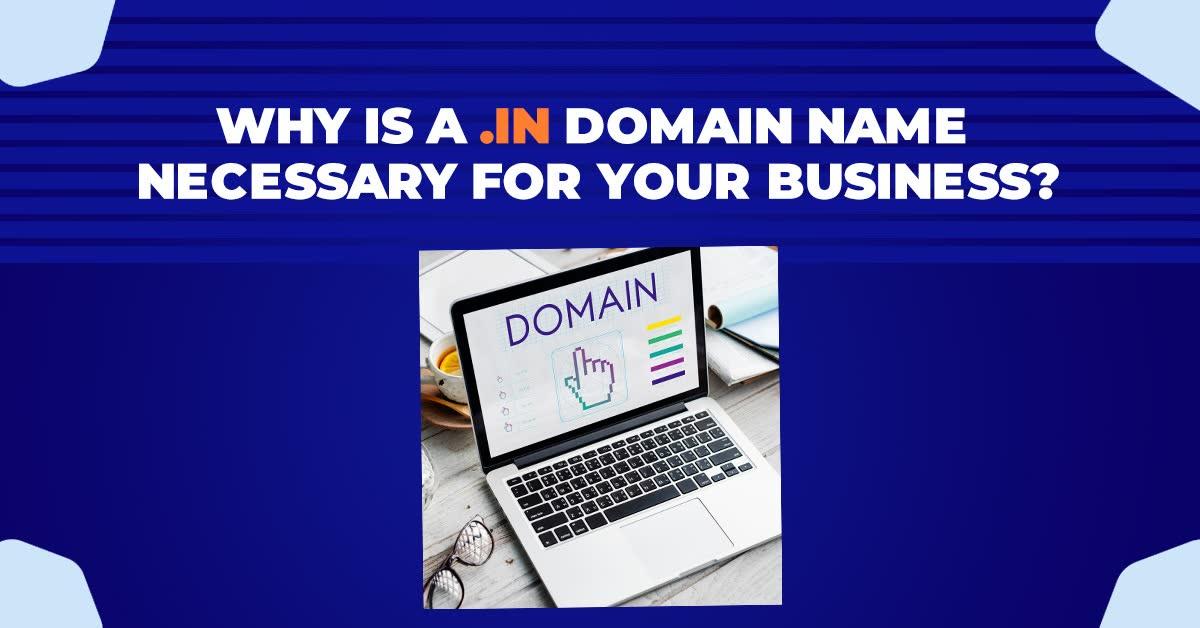How Is SEO Impacted By Web Hosting
A web host server essentially stores information and assures its safety and availability at all times. It functions similarly to renting out spaces to a tenant. For example, a webpage or a website, with supplemental features like a watchman and security guard. The traffic to the site may be increased and maintained with the help of a reliable web hosting service provider because they keep the website accessible, safe and upgraded.
SEO – An Overview
A strategy used in digital advertising is SEO – Search Engine Optimization. On the basis of keywords, Google rankings and content creation, it aids a website’s inclusion on the SERPs. Top rankings are guaranteed by relevant, current and high-quality material.
Generating backlinks through a set of activities referred to as ‘link building’ is currently one of the popular SEO strategies. Researching keywords, contacting online publishers, producing content as well as guest posting are all part of link building.
What Is Meant By Web Host Impact On SEO?
Administrators of websites can assure a smooth user experience if they employ the best website hosting. By providing high-speed operations, selecting the finest web host does have the ability to boost conversions. A good website host also has drawbacks that include a high bounce rate and low user engagement.
Users browse websites more when there are fewer server issues and page timeouts, which increases interaction, and generates leads, and conversion rates. The site owner or marketers must take into account a number of things in order to conduct efficient SEO methods. Here are those few factors:
- Security
The webpage’s digital defences are kept up to date by reliable web hosts. With a powerful antivirus, they protect websites from attackers or hackers and dangerous bots and respond quickly to any threats. Additionally, good web hosts include network security, CDN support, hardware security and DDOS protection, adding additional levels of security to protect critical data.
When it comes to the requirements that must be present on a website so that it meets the needs to be safe search engines – SSL comes first. The SSL (Secure Sockets Layer) certificate would be essential for Google and other search engines to recognise your website as secure. It is a programme that enables browsers of the client and servers to interact using HTTPS, which is encrypted and secure. Contrary to unencrypted HTTP, HTTPS stands for Hypertext Transfer Protocol Secure.
- Website speed
The positioning of the website on browsers is significantly influenced by how quickly it loads. The duration taken for a webpage to fully load is commonly known as ‘page speed’. Users will not be able to access and interact with the content of your site if- the website is frequently unavailable, slow to respond, or requires just a few seconds to load. They will finally give up in frustration and switch to the greatest alternative available.
Your site’s ranking will suffer as a result, causing it to drop in the SERPs. High bounce rates as well as unfavourable customer evaluations are frequently caused by slow websites. Over time, this will hurt your brand’s reputation.
- Location
No matter where they are in the world, your website’s visitors must have a positive and smooth online experience. What causes this to occur? Users using browsers on the web see local results. The results of a keyword search conducted from several places will be displayed on various search engine results pages. When searching for equivalent keywords, for example, the European audience will get conflicting results than the American visitors.
Your website’s performance in a specific nation will have an effect on how high it ranks in search results. The geographic location of the host server may improve or harm your website’s search engine positioning. Think about the location of your company as well as the web host service provider whenever you think about the layout and the website’s design.
- Uptime
The duration a site is available online is referred to as uptime. Due to two factors, it is crucial for SEO. First, downtime lowers the likelihood that users will find your site and interact with it. You risk losing potential customers and clients in this situation. Second, unavailable or down webpages are not indexed by search engines. Consequently, SERPs may not display or rank that particular website. Nevertheless, a reliable web host will increase the uptime of your website.
To maintain your site in an active state and functional for the majority of the time, you should invest in a dependable web hosting service. Your content will be available around the clock with a web hosting service which provides high uptime, potentially boosting the number of visitors it may draw.
Conclusion
Finding the best and the perfect web hosting service is extremely important as it impacts the site’s security, uptime, location and speed of the website.





































